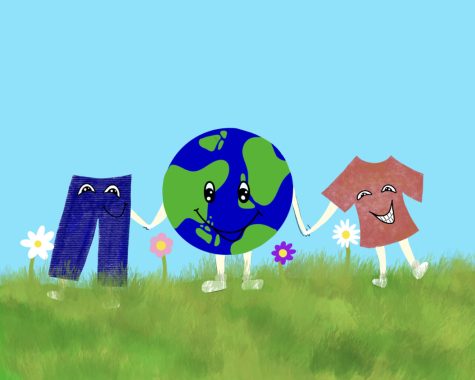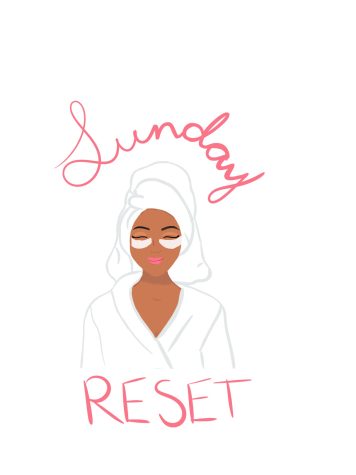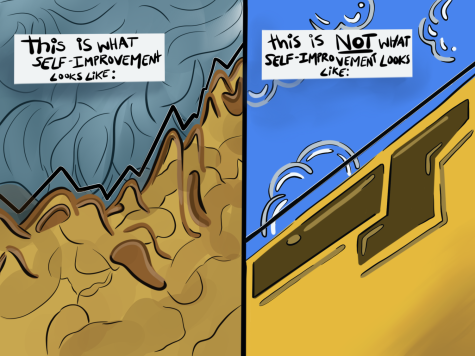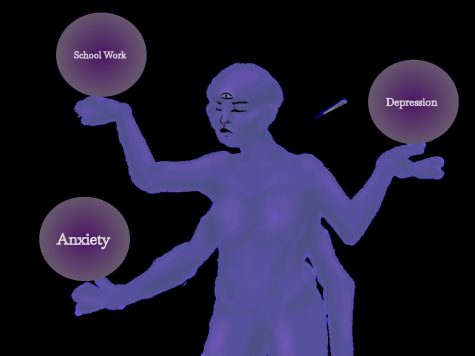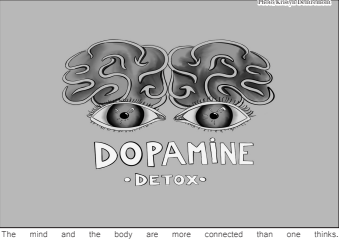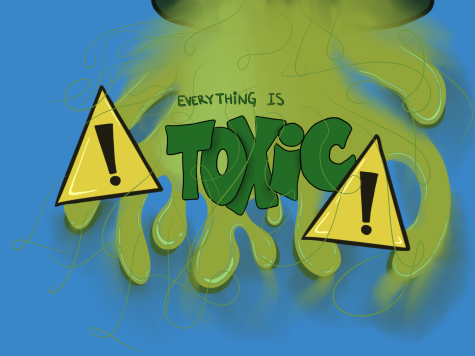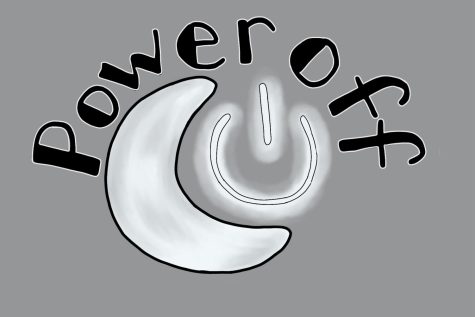How The Seasonal Slump Affects WHS Students

As the weather gets colder, days get shorter and school gets harder, it is extremely normal for students to begin feeling a lack of motivation and an overall sense of emptiness. These desolate feelings can be known as a seasonal slump. A seasonal slump may be triggered by a mix of causes, mainly resulting from the time change and drop in temperature outside during the winter months.
A lack of motivation is common especially for high school students who feel bombarded with tasks regarding: intense school work, the college application process, and the balance between school, social life and actual work. On top of that, multiple characteristics of the winter season seem to add on to those preexisting pressures. On Nov. 6 2022, the time zone switched, resulting in shorter feeling days as darkness approaches earlier in the evening. The lack of sunlight may create an overproduction in melatonin, resulting in feelings of drowsiness and adding on to the lack of motivation people may face. From a biological standpoint, due to the lesser sunlight, several people are unable to get a desired amount of Vitamin D, and therefore have a Vitamin D deficiency resulting in lowered serotonin levels. WHS English teacher Mackenzie Gould struggles with an annual seasonal slump. To combat this disorder, Ms. Gould “take[s] vitamin D supplements” in order to increase the production of serotonin in her body.
For some people, seasonal slumps occur without a rhyme or reason. While the changes in weather and time certainly make people feel down, the holiday season is often a big trigger for the seasonal slump. The pressure of making the holidays the “most wonderful time of the year” often leaves people with a greater sense of emptiness. As we grow up, we hear all the time how the holidays are not what they used to be. It feels as though all the childhood holiday magic was swept away with the passing of the season the older we got. As teenagers enter young adulthood, they often go through the motions of how childhood holidays used to be in attempts to bring back what feels missing. The nostalgia in old traditions can be a big help to some, but the idea that something is lacking often takes over. This is certainly not the case for everyone; to some people, the holidays can greatly improve their mental state. All that time spent with family is good for people who are close to their loved ones, and the holiday cheer acts as motivation to others as well.
It is important to notice that everyone experiences a seasonal slump in different forms. One big difference amongst different peoples’ slumps occurs depending on which season it is. Some people may experience these feelings of isolation in the summer months rather than the more typical winter months. Diagnosed, this is called a “Summer Pattern Seasonal Affective Disorder (SAD)” and similar to winter SAD, there are many possible reasons for people to feel this way. For example, after nine months of forced socialization, students get used to experiencing intense social interaction daily, especially high school students who at this point in their lives are realizing what kind of person they are. Summertime can be extremely isolating especially for people who do not have a steady group of friends, do not work, and overall are not experiencing much social contact. The pressures of summer also hold a big role in Summer Pattern SAD. Summer is known as the time to do activities daily with friends especially as you enter high school. The pressure of keeping up with that constant social interaction while also struggling to spend time with more people than just one’s friend group is extremely redundant. Many people have also likely experienced the FOMO phenomenon or “fear of missing out,” which likely picks up more heavily in the summer due to the constant pressure of hanging out with people daily.
The seasonal slump may go by a different name, Seasonal Affective Disorder (SAD). Seasonal Affective Disorder is the same as a seasonal depression, it is a diagnosable mental and physical disorder; whereas the seasonal slump is a self-proclaimed set of desolate feelings. Often when people experience an intense seasonal slump, they will be reluctant to reach out to anyone for help, in hopes that these feelings will pass by. In reality, this could be the start of something long term, therefore it is vital to reach out to someone. Whether it is simply to talk about how they feel or to reach out to an expert for help, any source is still a step in the right direction.
The lack of motivation that follows the seasons is inevitable, but what matters most is how you deal with these feelings. Remember: there are many other people who are feeling very similar emotions; you are not alone.




